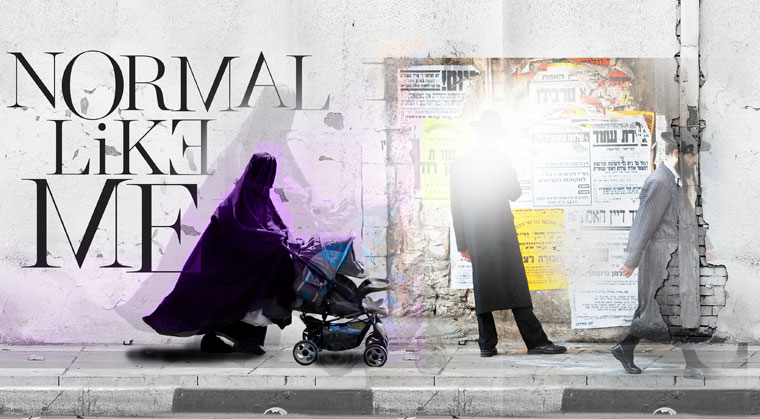Normal Like Me: Chapter 30


"M
ami called me on the phone!” Bernadine announced.
“She called me, too,” Joe replied. “Those tourists turned her into a caricature. Now they can go back home and tell all their friends about the primitive jungle woman who talked on a phone for the first time in her life.”
“Who cares what they say? We got to talk with her, that’s what counts.” Bernadine’s laugh was happy, lilting. “With Grandma and Grandpa, too.”
Joe’s expression changed. “You know that Grandpa has cataracts, right?”
“What?” The sudden turn in the conversation had taken her by surprise.
“Cataracts. With your medical training, I would have thought you’d have diagnosed it before me.”
“Hmm, he did say his eyes were growing dim,” Bernadine recalled.
“He told me that alligator skin was covering his eyes,” said Joe. “And that two fires were burning in them every night. He’s been seeing double. He can hardly see anymore.”
“Where did you learn this — that double vision is a symptom of cataracts?” Bernadine asked curiously.
“We intellectuals know everything,” Joe replied with a mischievous smile. She knew he wasn’t arrogant. Well, maybe just a little. “But listen, Grandpa’s liable to go blind within a few months.”
Vera’s grandma had gone blind, and so had Elise’s grandpa. Everybody in the village knew that when you got old, you might get alligator skin on your eyes. It was one of those things that come with old age; you couldn’t fight it. Just like you couldn’t fight death when it came and took one out of every 12 babies. “Death is bigger than man,” the tribespeople would say, as they walked behind a coffin to the burial caves on the outskirts of the village.
“But fortunately for Grandpa, the white man is bigger than blindness,” said Joe.
Bernadine turned on him. “That’s not true at all,” she said. “There are lots of blind people in the Western world, and millions of people die of diseases.”
“Yeah, I know,” Joe said, uninterested. His mind was on bigger things. He had a dream. “Bernadine, you and I are going to bring a medical team to the river. We’ll bring them, and they’ll do an eye operation on Grandpa.”
She looked at him. He meant it. Adrenaline began trickling into her system. Yes, they could do it. They could get a medical team over to the Sepik River, and make sure it included eye specialists. They could transport equipment through hundreds of kilometers of thick rainforest. Why not? Medical teams were sent out to far-flung places all the time. One World, the organization that had funded her studies and Joe’s, also sent out teams like that. All they had to do was persuade them to send a team to Papua New Guinea. She and Joe would do the groundwork and gather all the cataract patients in the region. Joe would help the team with management and administration, and she would offer her nursing skills. She and Joe had connections now, after all, and they would enlist all the help they could get.
And then Grandpa would see again.
(Excerpted from Mishpacha, Issue 696)
Oops! We could not locate your form.



